Harry and the Penguins – how each of us can make a difference (and stay warm!)
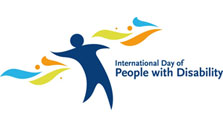 CMF Board member Jonathan Fisher is our guest blogger for World Disability Day
CMF Board member Jonathan Fisher is our guest blogger for World Disability Day
Recent media coverage of Prince Harry’s polar expedition launch depicted him in Trafalgar Square in the midst a group of smiling wounded service personnel who each had some kind of disability. We were told of the challenges which the team will face and how what are traditionally seen as physical disabilities will be overcome in the pursuit of the goal of reaching the South Pole together. These images challenge our perceptions of disability where so often those who face both physical and mental struggles are often isolated and potentially out of view to many. Each of us can make a difference to those around us who have disabilities, and do so without venturing into the Antarctic cold.
Larry Crabb, the Christian author, stated in his book Encouragement that we yearn two key things; to be liked and accepted by our peers, and to have an impact in the world around us. As someone who has a physical disability I struggled, not only with coming to terms with my illness and its imposed constraints, but moreover with the isolation I felt from my peer group. I had to stop work and was unable to subsequently take up paid employment. This hit me hard as I realised that both my former identity and perceived ability to have a place of relevance in society were intimately tied to my professional occupation. The journey was a long and slow one but gradually I came to see myself as Christ sees me, loving me as I am, and to helping me to reform my identity based upon different values.
For many who face the impact of disability in their daily lives, isolation is a major problem. The world is not flat, information is rarely communicated in a way which is best accessible to all, and the prejudices of society often lead to marginalisation, seeing those with disabilities as less relevant and valued in the world we inhabit. The social model of disability contends that individuals are not disabled, they are made so by society. This is a challenge to all of us, and especially to Christians who seek to show Christ’s love to those around us.
Most of us are broadly familiar with the provisions of the Disability Discrimination Act which seeks to ensure that physical obstacles in stores and other publicly accessible places are removed to try and ensure that everyone can access these services. The duty on the service provider is to make “reasonable adjustments” to remove or minimise such obstacles to access. The legislation has its place but is fundamentally onhealthy abilify flawed in its practical application. Often ‘reasonable adjustment’ is used as a shield to hide behind for those who don’t see the relevance of equal access for all. Typically, enforcement of the Act relies upon aggrieved individuals filing complaints and ultimately taking these to court. But physical barriers are a small part of the problem and much can be overcome by a helping hand and a smile from a friend or passer-by.
For instance, the CMF office has a large heavy entrance door. When I go to meetings there I cannot access the building independently but this has never bothered me. I ring the bell and some kind face will appear, then they will struggle with the door and help me up the ramp inside. These smiles are a much warmer greeting than any automatic door opener!
I travel a lot being on the board of a large overseas medical aid organisation. I have had the privilege to visit many countries and always travel with a wheelchair. My lasting memories are not of the steps or narrow doorways I encountered along the way but the many smiling faces who reached out to help me overcome such obstacles. I recall the airport security agent in the US who helped put my socks on after I was stranded overnight, the co-worker who offered to come and help me in and out of the high sided bathtub during a stay in a quaint old hotel, the guards who lifted me out of the high 4X4 we typically use in Africa, the Swiss cable car operators who lifted me in my chair into the gondola… and so the list goes on.
Each of us has friends, colleagues or family who would be classified as having a disability. As we celebrate Christmas and the love of God in sending His son as a helpless babe, dependent upon mankind for his early upbringing, let us look out for each other, for the both visible and invisible members of our society. When we see someone in a wheelchair struggle with a self-closing door, let’s offer a helping hand to assist. If someone cannot get out at this time of year, I encourage you to consider a visit to them at home. Let’s also spend time being ‘real’ by getting to know each other better. Those who have disabilities have much to share, not only about overcoming challenges, but they also have a revised view of self, founded upon something other than social status. Each of us is created in His image and we need each other!
Wishing you all a very Happy Christmas,
Jonathan Fisher

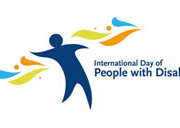
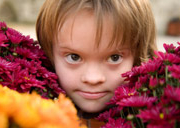
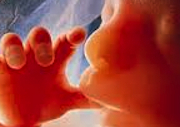
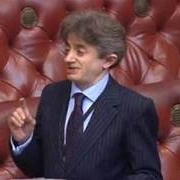
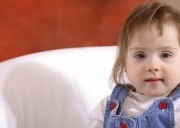
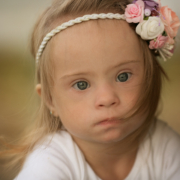
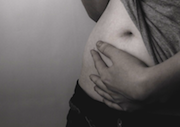
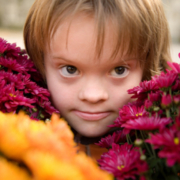
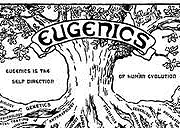


Leave a Reply
Want to join the discussion?Feel free to contribute!